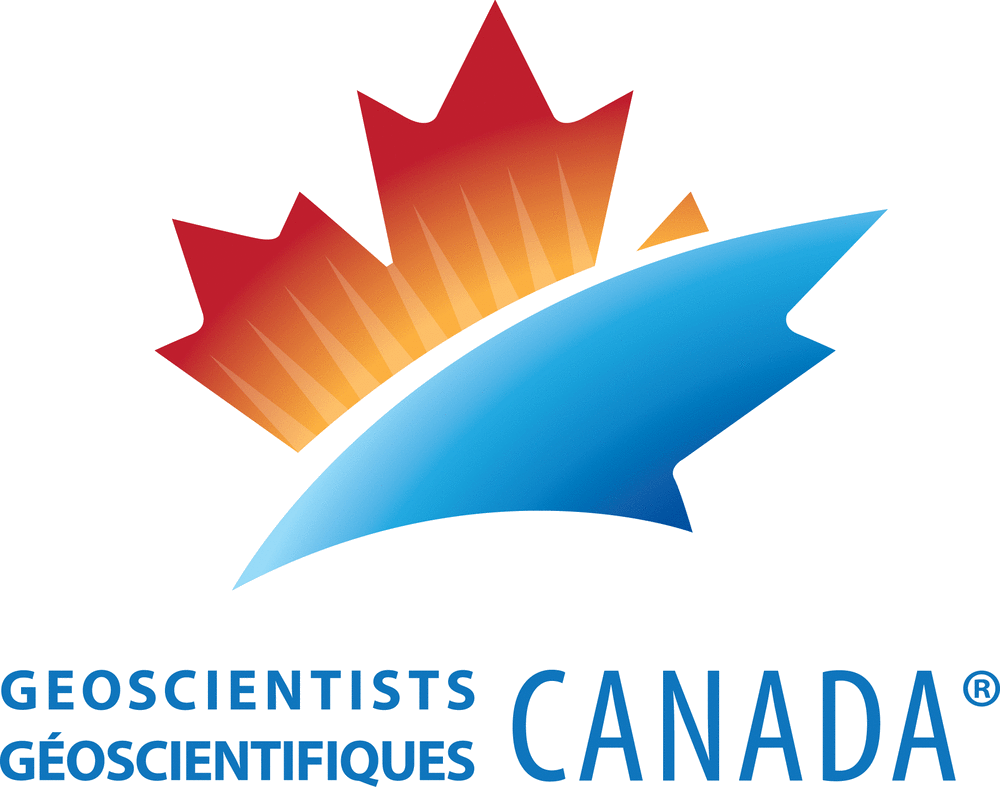Practice in Canada
Being a P.Geo. places you under a code of ethics and makes you individually accountable for all the geoscience work you undertake. To practice geoscience in Canada, you must register with the regulatory body – professional association – in the province or territory in which you work. Those whose practice extends to more than one province or territory may have to carry multiple registrations. Becoming registered entitles you to practice in that jurisdiction and it allows you to use the designation Professional Geoscientist (P.Geo.).
Depending on local legislation, it may also be necessary for the firm or company you work for to be registered with a regulatory authority. These corporate licenses are called Certificates of Authorization or Permits to Practice. While these licenses are issued to the entity, they also identify senior individual P.Geo’s within the organization who are responsible for the corporate licence.
Except in BC and Quebec, all organizations offering geoscience services to the public (i.e. consulting and contracting firms) are required to hold a corporate license. Corporations that undertake geoscience in order to generate product for sale (i.e. extractive resources companies, like operating mining companies and energy producers) may not need a corporate license. Corporations should check provincial requirements, as they do vary between jurisdictions. Learn more here.
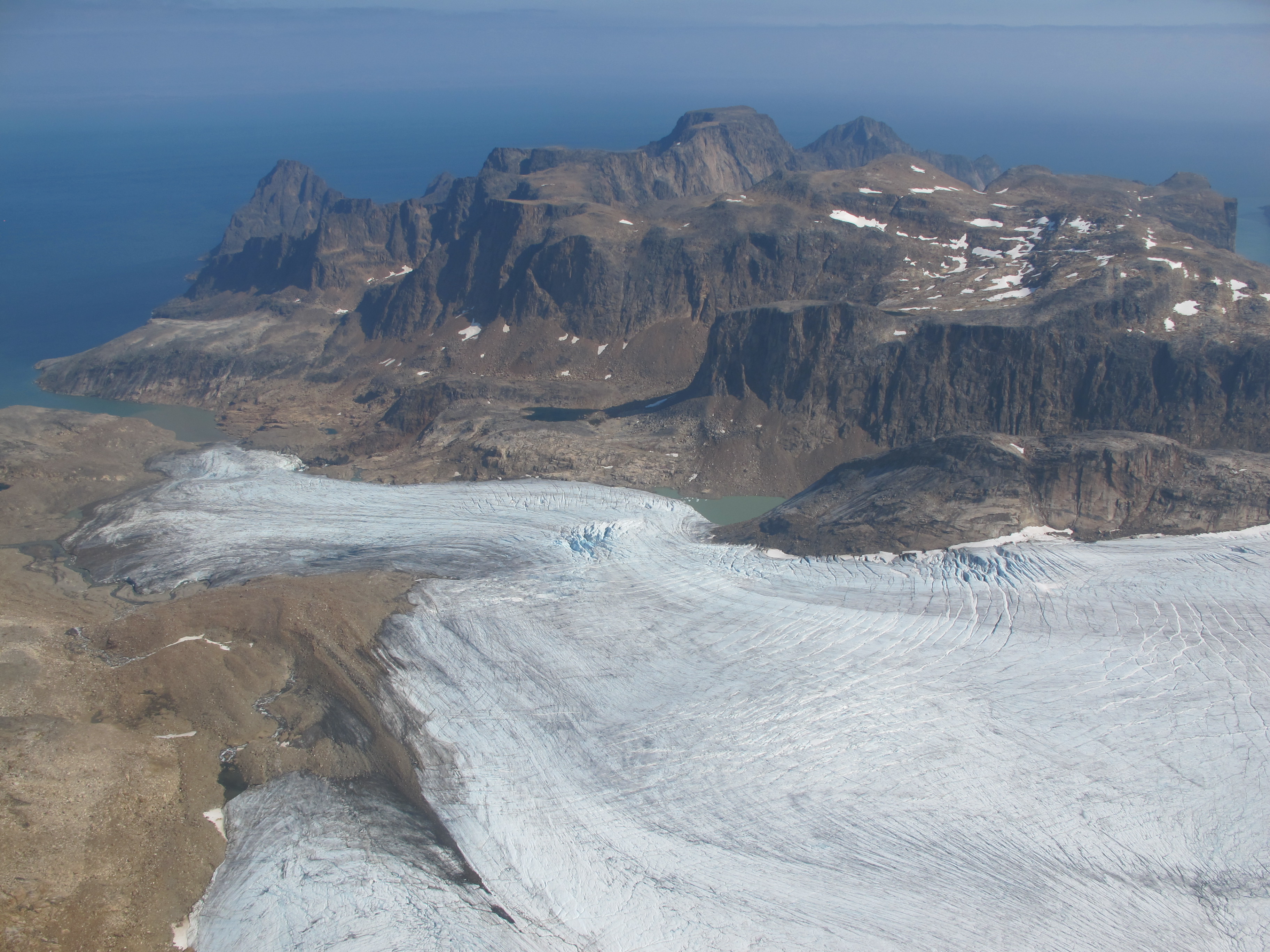
Canada and Geoscience
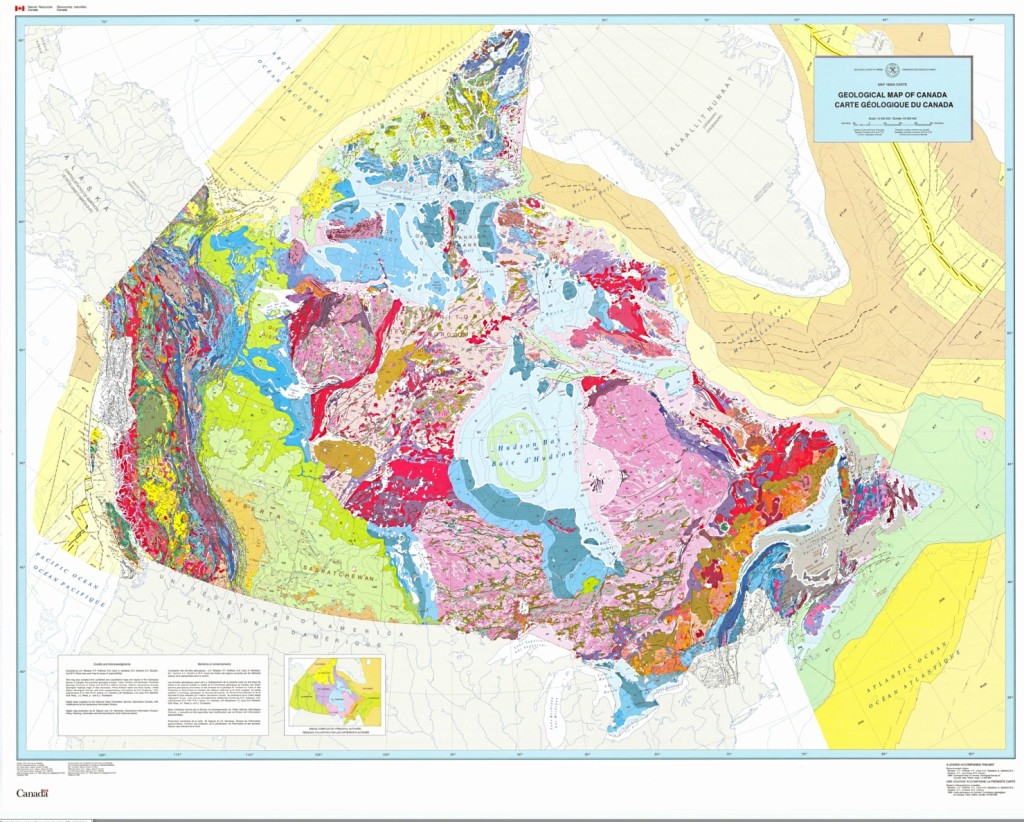
Canada’s size, geological make up and endowment of naturally occurring Earth materials – metals, minerals, oil and gas and water – make it an important global resource-based economy. In addition to the importance of resources, Canada’s climate, topography, natural heritage and the needs of its communities – large and small, urban, rural and remote – all pose geoscientific challenges. The regulation of the profession is critical to protecting the interest of Canada and its citizens and in safeguarding Canada’s natural environment.
Canada’s association with geoscience and the work of geoscientists has been (and continues to be) integral to its development, and some would argue its very identity. After all what other country has seen fit to call its highest mountain, Mt Logan,after a geologist (Sir William Logan).
-Oliver Bonham, P.Geo. former CEO Geoscientists Canada.
The evolution and sophistication of Canada’s capabilities in resources geoscience today has established the country as a global centre for the financing, management, servicing and independent technical due diligence for Earth resources exploration and development activity all around the world. The Canadian Federation of Earth Science estimates there are 20,000 geoscientists in Canada, working in academia, as educators and researchers; in Government and public agencies; in consulting – as independent consultants or employees of consulting firms; and in corporate environments – as employees and officers in resources companies.
Complaints & Discipline
All P.Geo.’s are subject to Code of Ethics and required to practice professionally and only within their areas of competence. Any member of the public or other P.Geo. can make a complaint about the work or behaviour of a P.Geo. Complaints about unprofessional conduct or incompetency may be made by contacting the regulatory body where the P.Geo. is registered. All of the regulatory bodies provide information on their websites about how to do this. Every complaint triggers an investigation and may lead to disciplinary proceedings for the P.Geo. The regulatory bodies can also initiate investigation of a P.Geo. without receiving a complaint, if they have reason to believe the practice of a P.Geo. presents a concern to public safety, is suspected to be unethical or is not in the public interest.
“Any member of the public (including another member of APGO or APGO itself) who has been directly or indirectly affected may make a complaint respecting the conduct of a member or certificate holder registered with APGO. A complaint made by a person who has been indirectly affected may be substantiated by documentation, circumstantial evidence or by admission of the practitioner.”
-“Who Can File a Complaint?” The Association of Professional Geoscientists of Ontario (APGO)
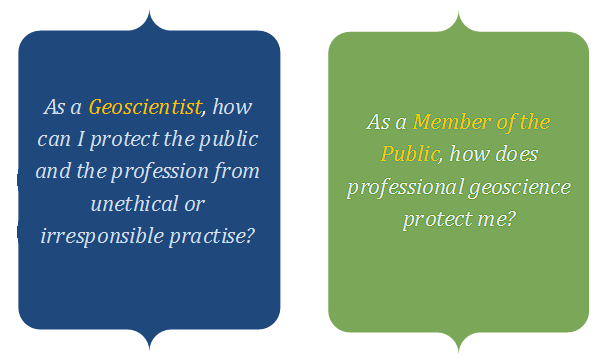
Code of Ethics
The Codes of Ethics vary, depending on the province or territory, and are set down either as bylaws or regulation. For example, in Ontario, the Code of Ethics is a regulation under the Professional Geosciences Act, 2000. In BC, it is a bylaw:
“Members and licensees shall act at all times with fairness, courtesy and good faith to their associates, employers, employees and clients, and with fidelity to the public needs. They shall uphold the values of truth, honesty and trustworthiness and safeguard human life and welfare and the environment.”
-Excerpt from Code of Ethics Association of Professional Engineers and Geoscientists of British Columbia (APEGBC)
Professional Development
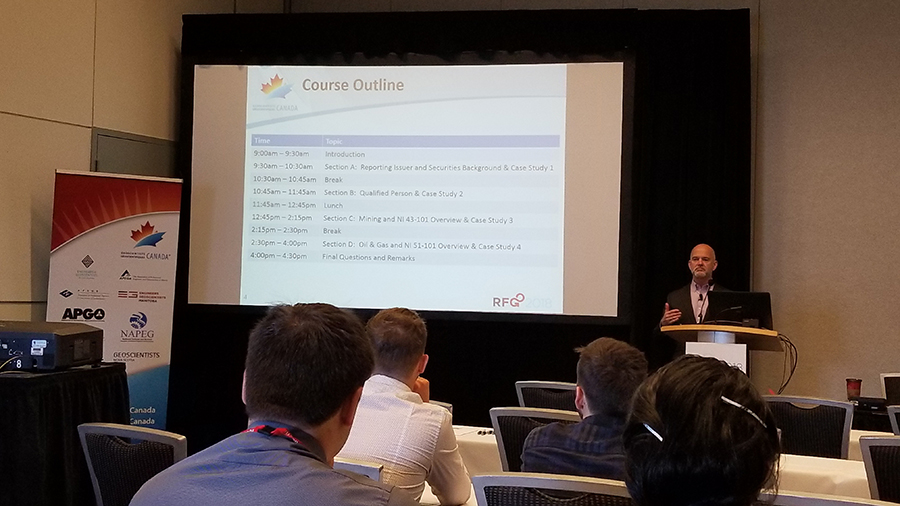
Continuing Professional Development (PD) is considered a fundamental tenet of professionalism.
“In the interests of protecting the health, safety and welfare of the public, it is essential for professionals to engage in lifelong learning. Society’s expectations have changed, and the public is demanding greater accountability from professionals.”
-Association of Professional Engineers and Geoscientists of Alberta
All of the regulatory bodies that make up Geoscientists Canada expect P.Geo.’s to possess up-to-date knowledge, skills and abilities, relevant to their area of practice and appropriate for modern practice. Most regulatory bodies have specified annual CPD activity requirements for P.Geo.’s; many require P.Geo.’s to report they have met their individual CPD obligations on an annual basis.
Throughout the year, Canada’s geoscientists undertake professional development in many different ways. Some participate in workshops organized by regulatory bodies but the majority of CPD opportunities are found through active membership in geoscience technical and learned societies, and by P.Geo.’s attending conferences, lectures, short-courses and seminars put on by the many geoscientific organizations in Canada and around the world. For more information on CPD requirements, please contact your regulatory body
Mobility
Geoscience is a small profession with a global reach. Many geoscientists have specialist skills they apply beyond the boundaries of the jurisdiction in which they are based. An important dimension to regulating the profession is ensuring geoscientists have professional mobility to practice in multiple jurisdictions, here in Canada and abroad.
Under Canada’s Agreement on Internal Trade, transferring a P.Geo. license between a province or territory in Canada, or taking out additional P.Geo. licences in other provinces or territories, is a straightforward process that takes only a few days.
